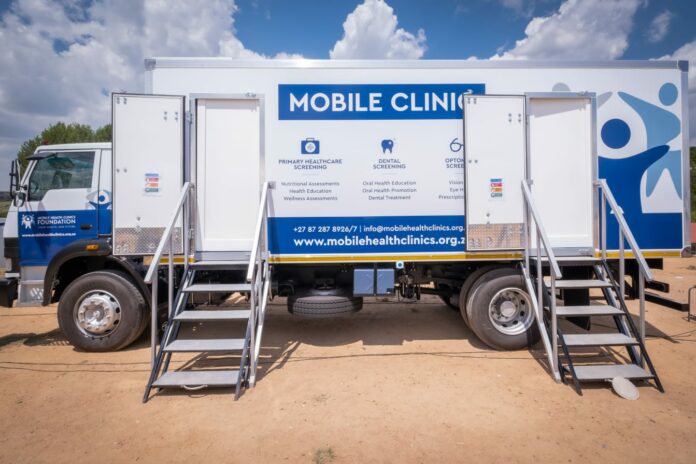The Gauteng department of health has responded to damning claims made by health workers union Haitu (Health and Allied Workers Indaba Trade Union) about the state of healthcare in Sedibeng district.
The healthcare system in the region is expected to slow down as Haitu embarks on a march against the deteriorating state of healthcare in the region.
The union claims that healthcare workers are constantly exposed to abuse and assault by angry community members. They blame them for the slow service, which is caused by lack of resources.
Temporary, unsafe structures
Haitu spokesperson, Lerato Mthunzi, said the region is swamped with temporary healthcare structures. These structures were meant to act as extensions to allow more patients to be assisted. However, she said they have become unsafe working environments.
“The majority of clinics in the region are temporary structures. Most of them are containers which are grossly understaffed and under-resourced,” said Mthunzi.
“There is a clinic called Boitumelo, that one is all fully- fledged temporary structure. There’s only two clinics that we could say are well structured. These are the Zone 17 Sebokeng clinic and the Zone 7 clinic. They add these informal structures with all clinics to avoid fixing or building a new structure,” she added.
Motalatale Modiba, spokesperson for Gauteng department of health has clarified the issue. He said the temporary structures are being used as means to expand service access in the area. This is because the department recognises resource shortfalls.
Health posts, not clinics
He said the temporary structures are only recognised as Health Posts and should not be referred to as clinics.
Modiba explained that Health Posts models are meant to improve access for peripheral areas. They are linked to formal clinics but can only offer minimal services.
He further explained that the Sedibeng Health Services collect data from Health Posts to prioritise clinic building programmes.
“We also have remote have mobile units that to remote areas like farming communities to bring health services closer as part of the TISH (Township, informal settlements, and hostel communities) programme.
Expansion of services
“As population of communities expand, the government, through various planning mechanisms such as the integrated development planning, makes provision for expansion of services.
“This is in line with available resources. In Sedibeng, the district is busy with a business case to motivate for additional facilities,” said Modiba.
Responding to abuse and assault faced by healthcare workers, he said no excuse would be taken by the department. Even if it is justified on the account of lack of resources.
He said the community should familiarise themselves with available mechanisms available to act on service delivery. This is the best action to take, instead of attacking healthcare workers on the ground.
On academic hospital demands
He also responded to the union’s demand for an academic hospital in the area. Modiba said these are special kind of hospitals that are not expected to be in every area.
“Gauteng is the only province that has a high concentration of academic hospitals. These are highly specialised hospitals that are linked to academic institutions. The linked academic institutions have medical faculties. They work on referrals from other lower category institutions,” he said.



